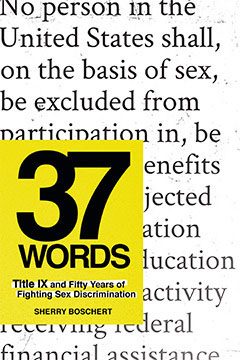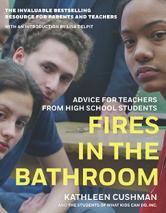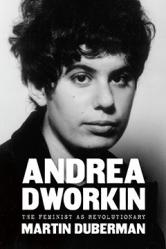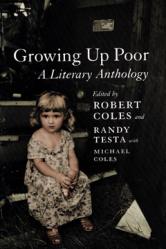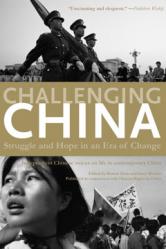“The struggle to win, implement, and preserve Title IX, the bedrock 1972 law banning sex discrimination in education, comes alive in these pages. Boschert’s vivid biographical portraits of key leaders of these efforts, from the 1960s to the present, make this a page-turner that illuminates the historical roots and antecedents of the #MeToo movement.”—Ruth Milkman, professor of sociology and history, CUNY Graduate Center, and author of On Gender, Labor, and Inequality |
“Indispensable reading for anyone who cares about education, including students, teachers, administrators, parents, and graduates—so basically everyone.”—Nancy Chi Cantalupo, Title IX legal scholar and professor of law, Wayne State University |
“A page-turner for anyone interested in learning how one person’s experience can be turned into a national movement.”—Deborah T. Ashford, senior counsel, Hogan Lovells LLP |
“37 Words takes perhaps the most consequential piece of legislation—in terms of actual, demonstrable impact—of the twentieth century and makes it come alive. Sherry Boschert argues that Title IX is a vital part of the larger educational mission ensuring that systems of oppression don’t deny young people an honest chance to grow. 37 Words is a book that will expand your mind and take you on a journey far, far beyond the period when Title IX became law. It is a look at more than fifty years of educational history, with lessons for all of us.”—Dave Zirin, author of The Kaepernick Effect and sports editor, The Nation |
“Throughout, Boschert emphasizes that protection under the law is not automatic but relies on pressure from government officials and outside activists; stresses the importance of Title IX in addressing inequities that are grounded in both race and gender; and highlights the persistence and optimism of the educators, lawyers, students, and athletes she profiles. Readers will take heart in this story of hard won progress in the fight for equality.”—Publishers Weekly |
“A valuable, well-researched, and nuanced history on an important subject.”—Booklist |
|
“Boschert’s exquisite achievement in 37 Words rests on deeply researched history, eloquent prose, and perhaps most surprising of all, the page-turning story of how one unassuming yet brave woman—Bernice Sandler—turned sexist oppression into educational liberation for millions of women. There is sobering and uplifting brilliance dancing off the pages of this book, page after page. Do not miss it.”—Jennifer Freyd, founder and president, Center for Institutional Courage |
“Sherry Boschert captures the fight waged by feminists over decades against sex discrimination in education and to secure equal access and opportunity for women and girls. Setbacks and victories, protests and demonstrations, the fights in Congress and in the courts, are all chronicled by Boschert. 37 Words is an important book at an important time, reminding us of the need to keep fighting for Title IX.”—Katherine Spillar, executive editor, Ms. magazine |
“37 Words is a stellar and moving tribute to Title IX’s fifty years of gender equity progress in schools. The book centers the champions behind this landmark law—the authors and advocates, survivors and athletes, and every student breaking gender stereotypes to reach their dreams. Well-researched and brimming with hope, the book is an inspiration in our continued fight for gender justice for all.”—Noreen Farrell, executive director, Equal Rights Advocates |
“I’m mightily impressed by the breadth and volume of Boschert’s research and her ability to craft it into a compelling read. 37 Words is a history but it’s also a road map for what it will take to go forward. It’s a really important book.”—Lucy Jane Bledsoe, author of No Stopping Us Now |
“Readers will finish this book with a clearer understanding of Title IX’s impact, its shortcomings, and the continued threats faced by female students as they seek access to educational opportunities.”—Library Journal |
“[37 Words] condenses 50 years of history into fewer than 300 pages, an impressive feat. . . . Spun together, the details chart the trajectory of the law from its early days, when it was most closely associated with the expansion of athletic opportunity, to how it became an imperfect tool for holding schools accountable for not taking rape seriously and failing to protect gay and transgender students.”—Washington Monthly |
|

